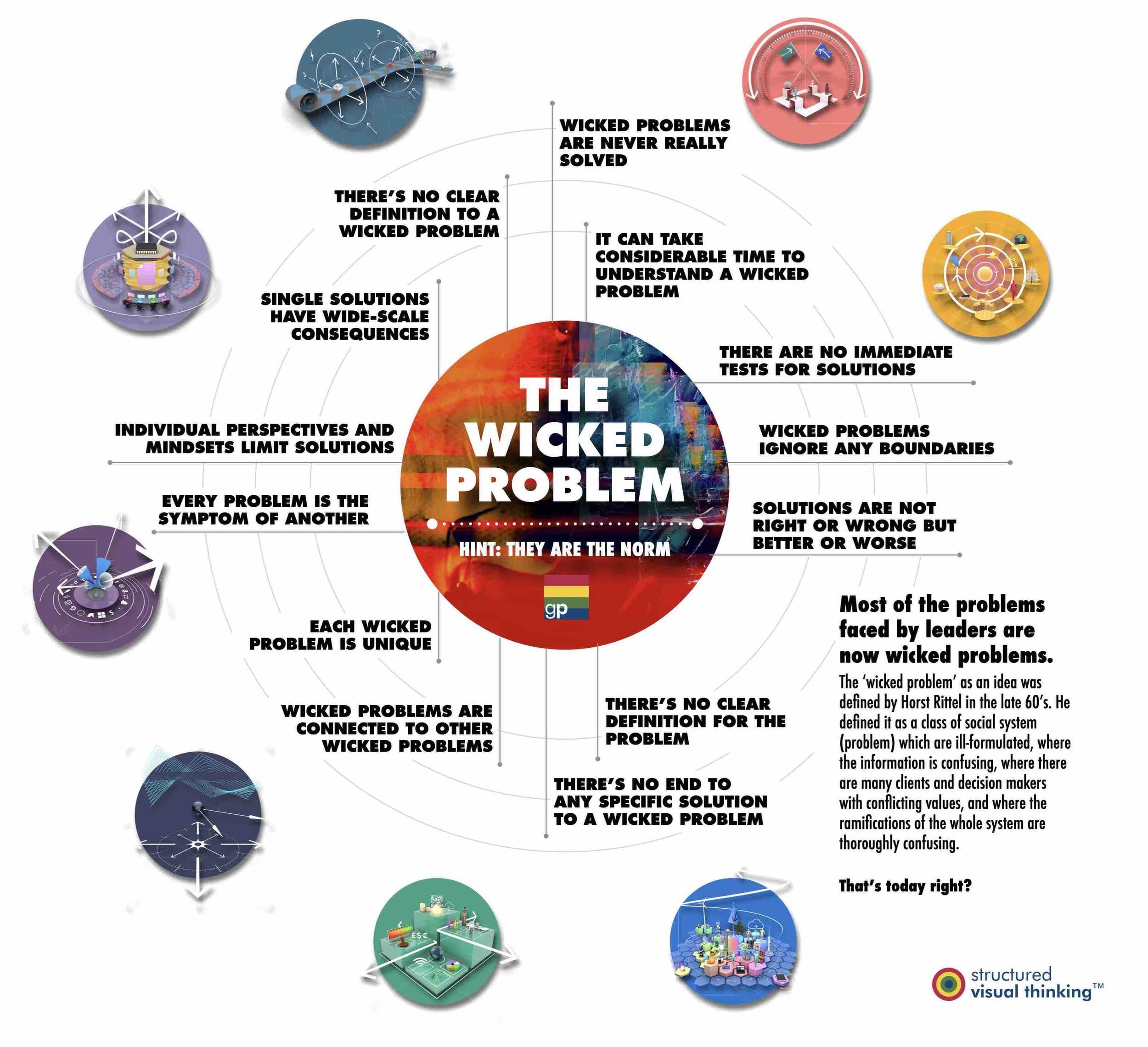WHAT MAKES STRATEGIES THAT FAIL?
>70% of change initiatives fail
Over the years we’ve gathered insights into why leaders and strategies go off the rails. Not surprisingly they are worth the effort to revisit every now and then.
Oh, The Paradox. Why We Fail.
Knowing a challenge is complicated, but not spending time simplifying how to think about it.
Developing plans without involving those executing it and expecting it to work.
Crafting strategies in powerpoint rather than in the minds of the people.
Creating a new vision, strategy, mission and position without shifting investment accordingly to deliver it.
Thinking we’re good communicators while not enquiring if the intended message ‘landed’ with the intended audience.
Wanting the big ideas but thinking about the small print.
Thinking that communication is about landing an intended message to an intended audience.
Thinking that words are enough to convey everything you mean and using jargon to prove how wrong you are.
Ignoring the systems and processes that stop progress and performance at the same time as insisting on progress and performance.
Continuing to use experts to solve a problem without realising the general nature of the problem
Saying there will be consequences but there not being any is worse than not having consequences. AKA — ‘anarchy’ and sure-fire failure.
Expecting widescale buy-in to change without the empathy to appreciate why people aren’t buying in.
Appreciating that paying attention to planning is critical but doing nothing to create the capacity to pay attention to planning.
Believing everyone shares the same sense of priority when progress shows a complete failure of understanding execution.
Saying mindset change is fundamental for real change, but doing nothing to develop the required patterns of behaviour.
Knowing that it’s possible to be too close to the problem while standing too close to the problem.
Saying you have a plan isn’t executing the plan. The action is mightier than the word.
Believing leadership is a job title.
Leadership isn’t taught; it’s awarded over time — by those inspired to follow — over time.
Empowerment is giving everyone the liberty to make decisions on their own, not a hollow promise on ‘our values’ poster.
Knowledge isn’t power — it’s what’s known. What’s powerful is what needs to be known — for the future.
Data and information isn’t insight.
Experience isn’t reading a book and reciting sentences here and there. It’s having the battle scars of being here and there.
Realising is a critical skill. Not realising is a guarantee of failure. Change happens when you realise that not realising is the norm.
Sorry, but defending your position as a leader by bullying and bluster is not the sign of strong leadership.
Testing but not learning.
Diversity is the essential ingredient for creativity, critical thinking and leadership, not a box to be ticked to virtue signal yourself.
Creativity is not the domain of those with creativity in their job title or role definition.
Looking at words on the page is not reading them.
Ignoring that (these days) all complex problems are wicked problems.


